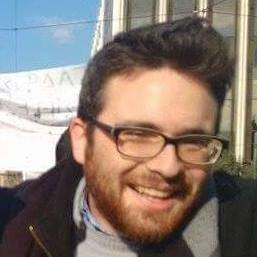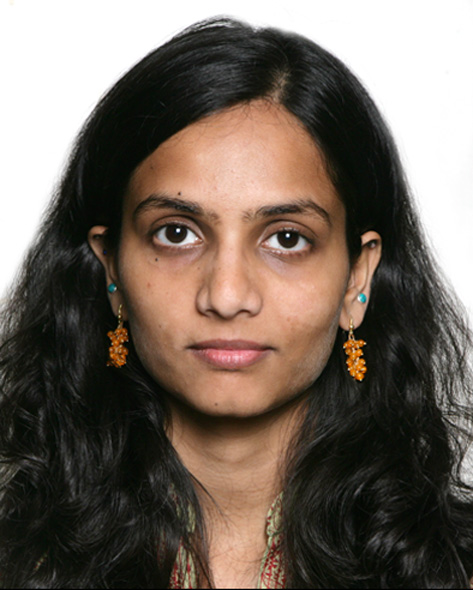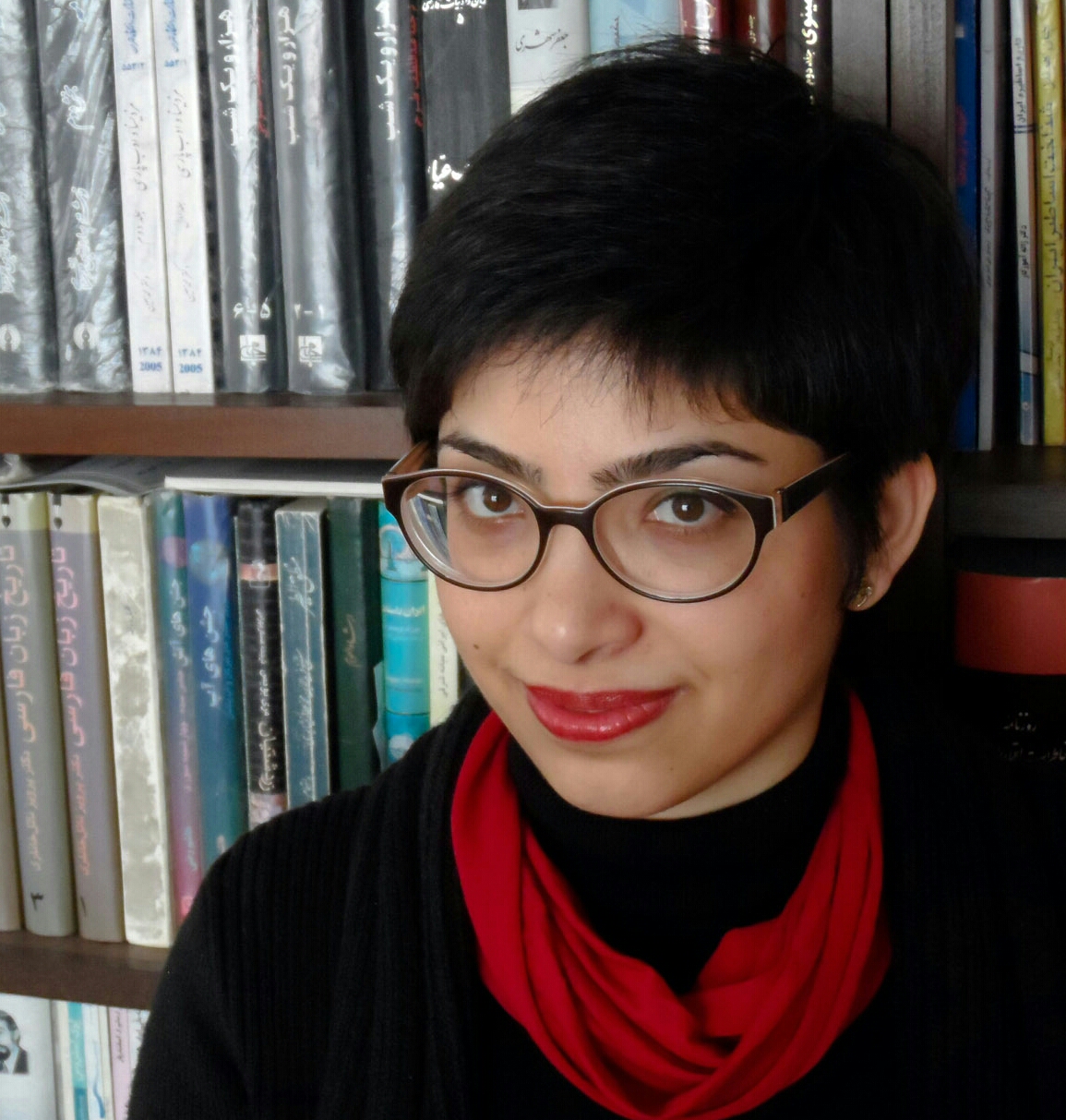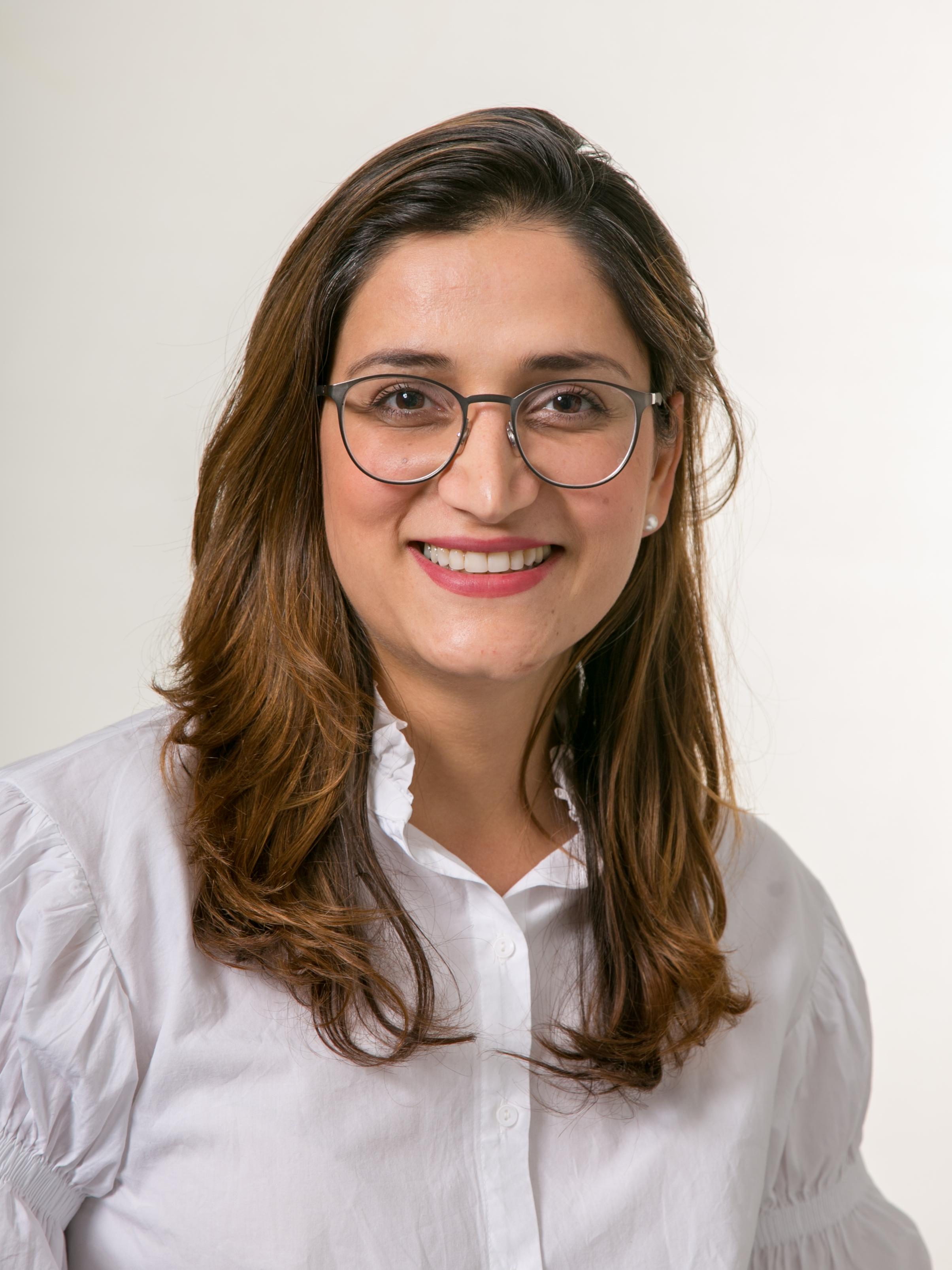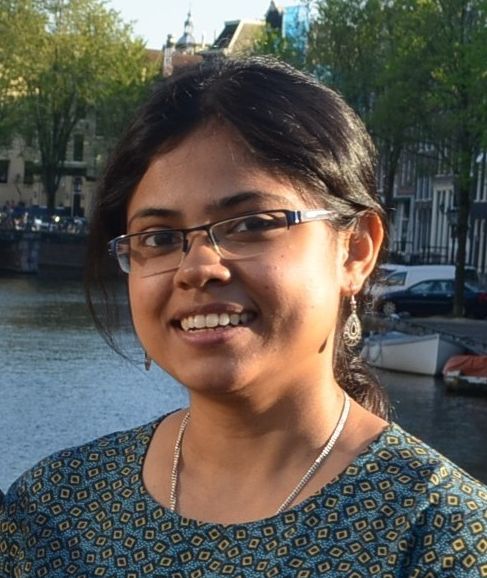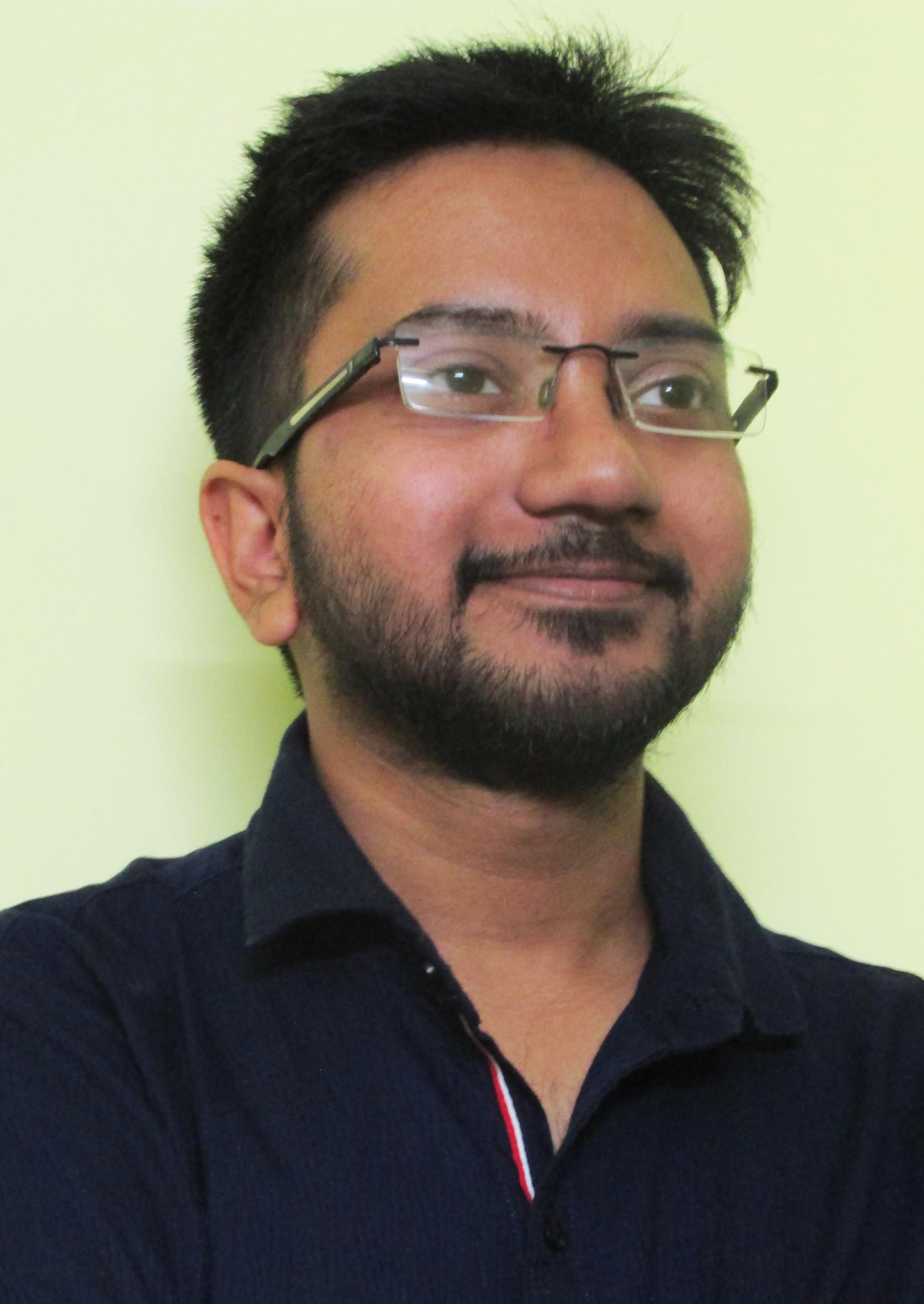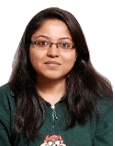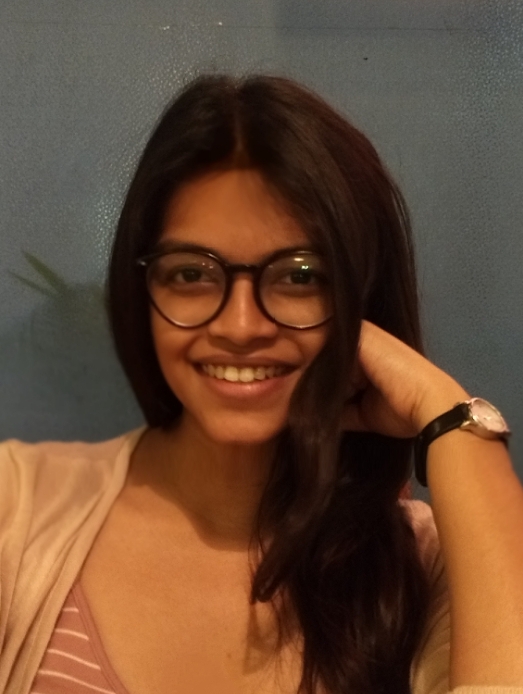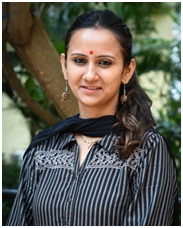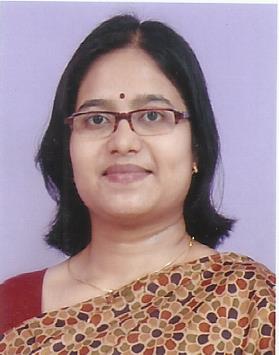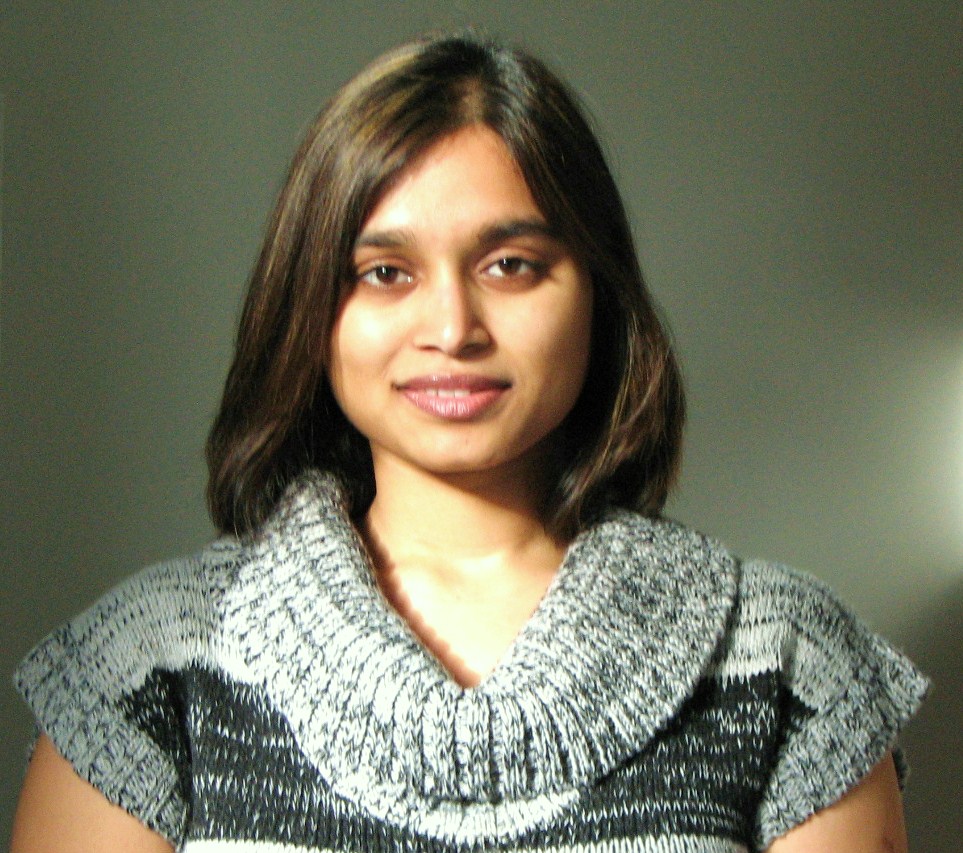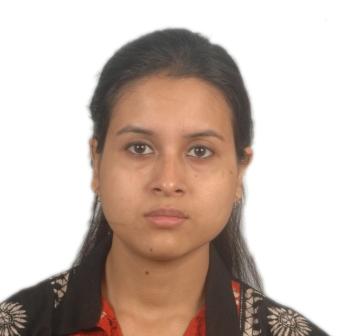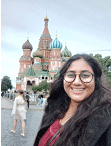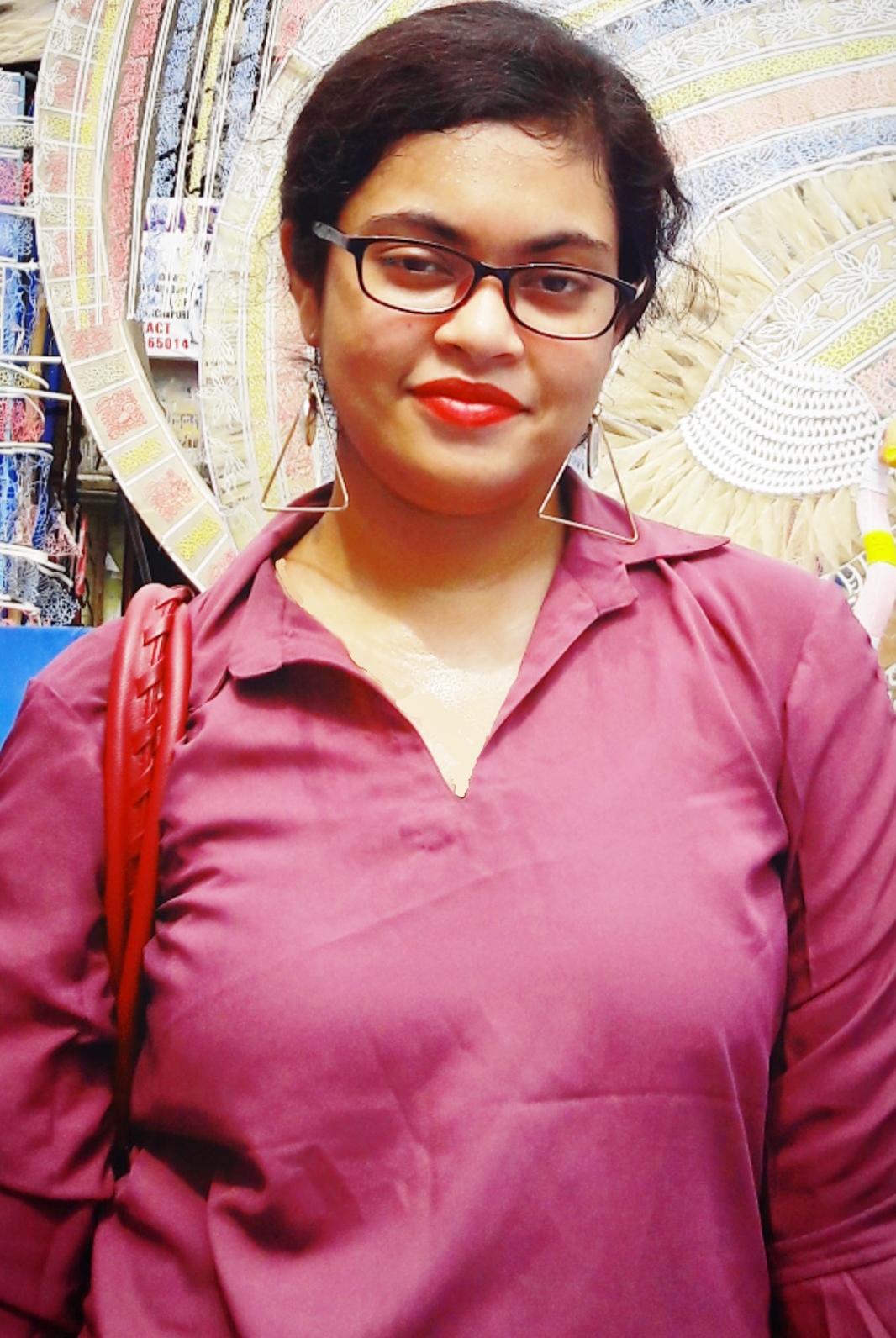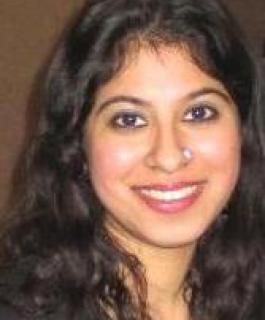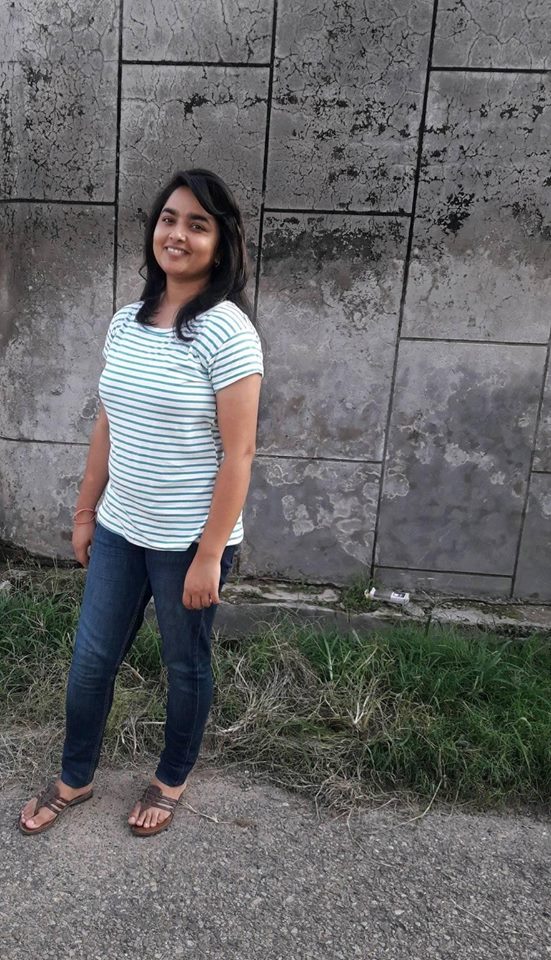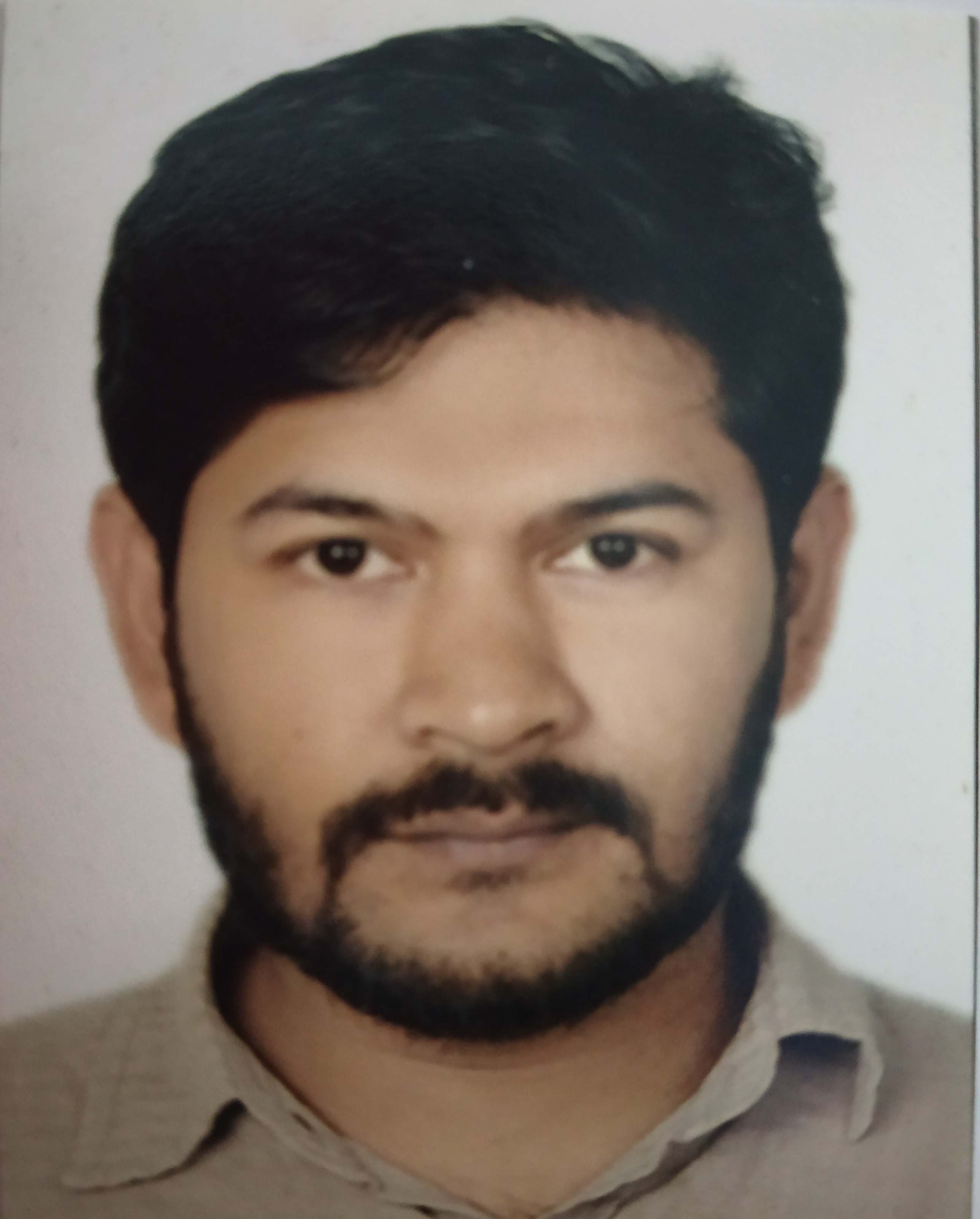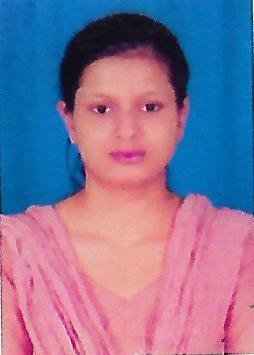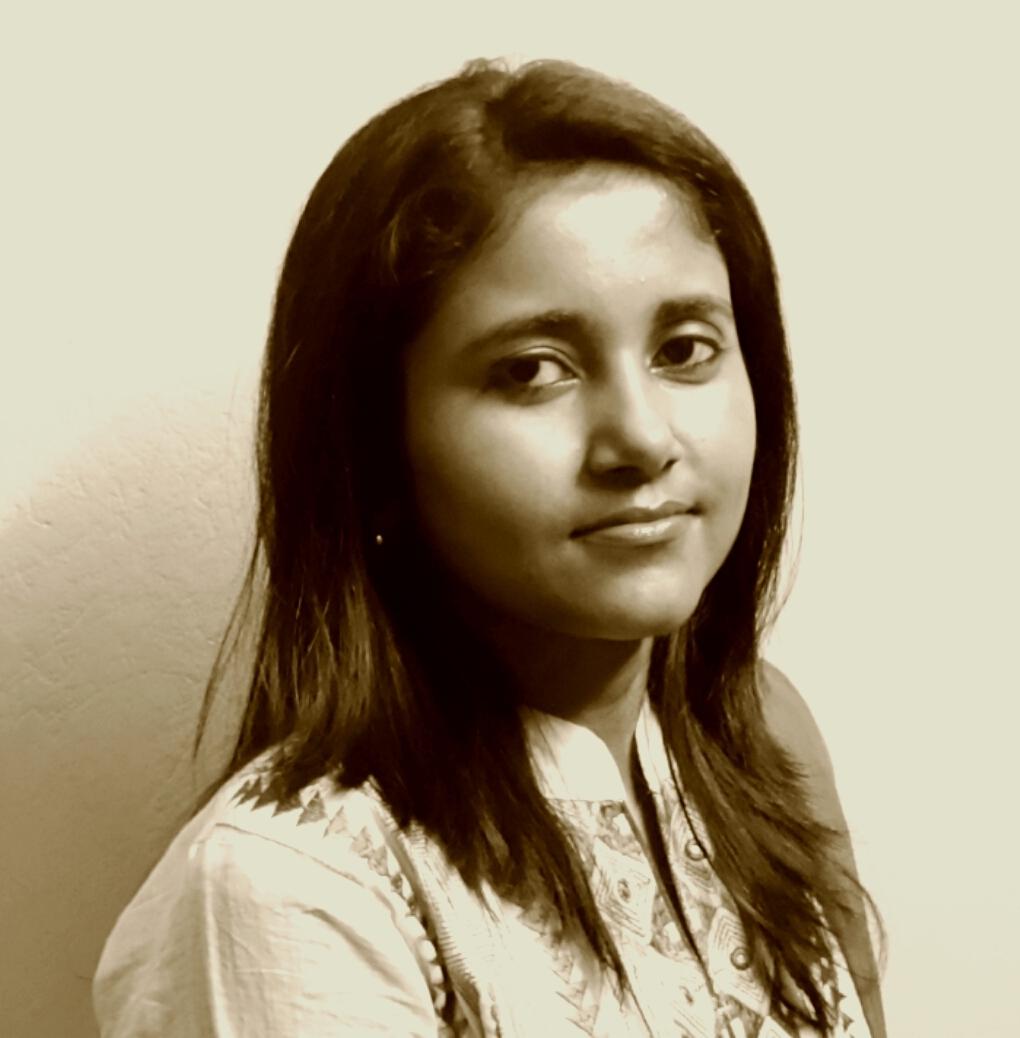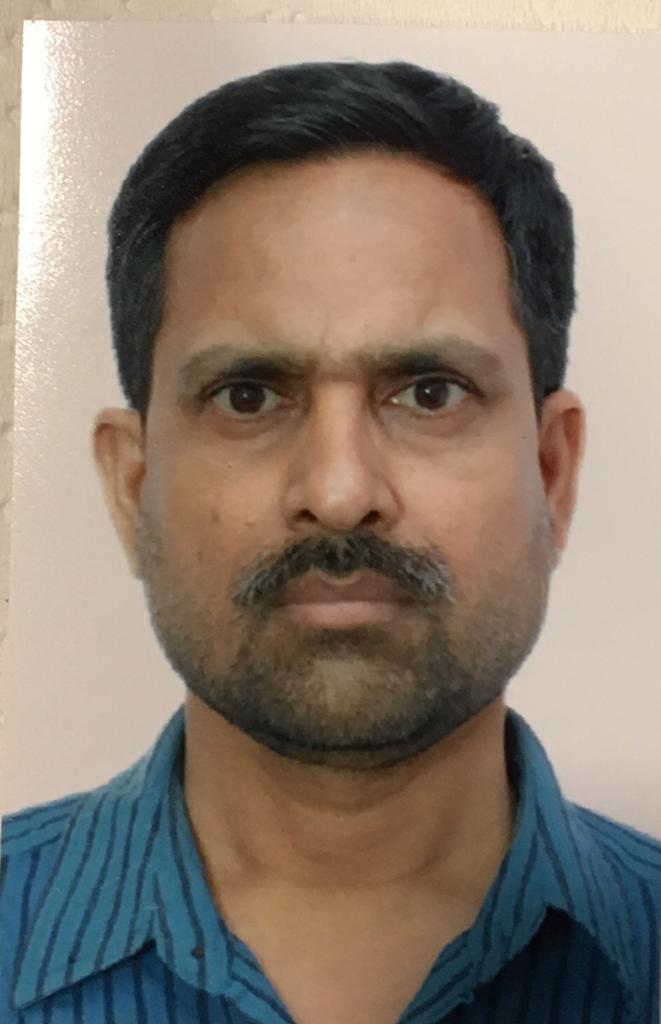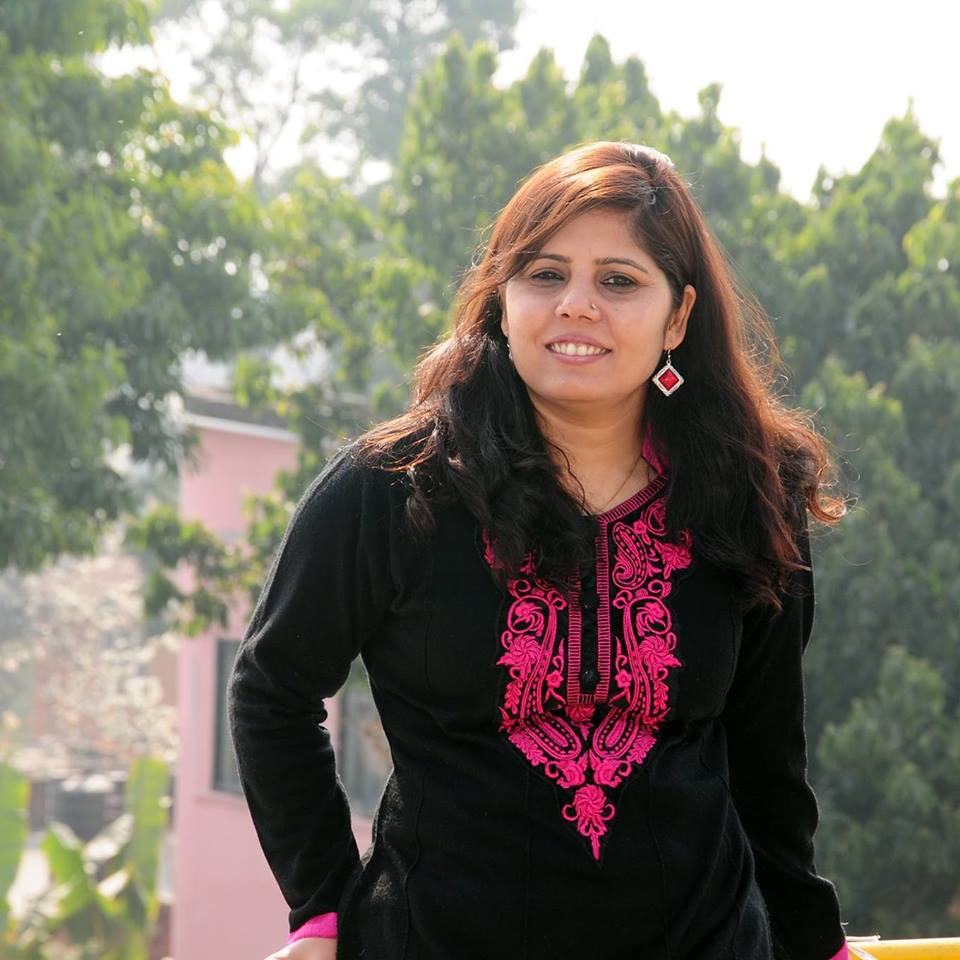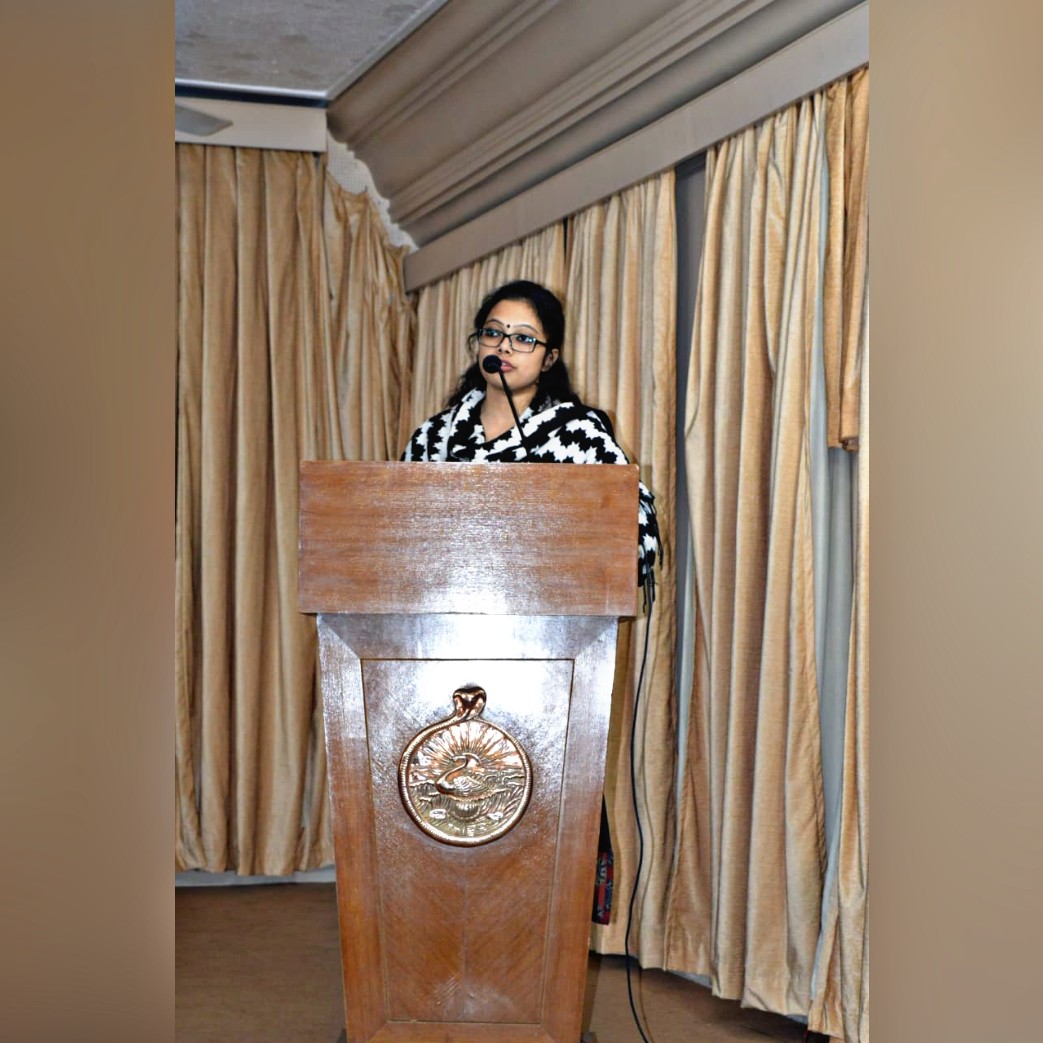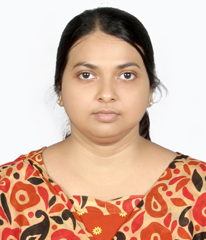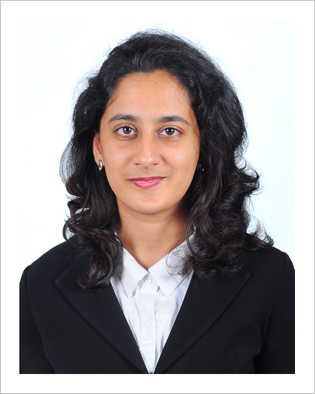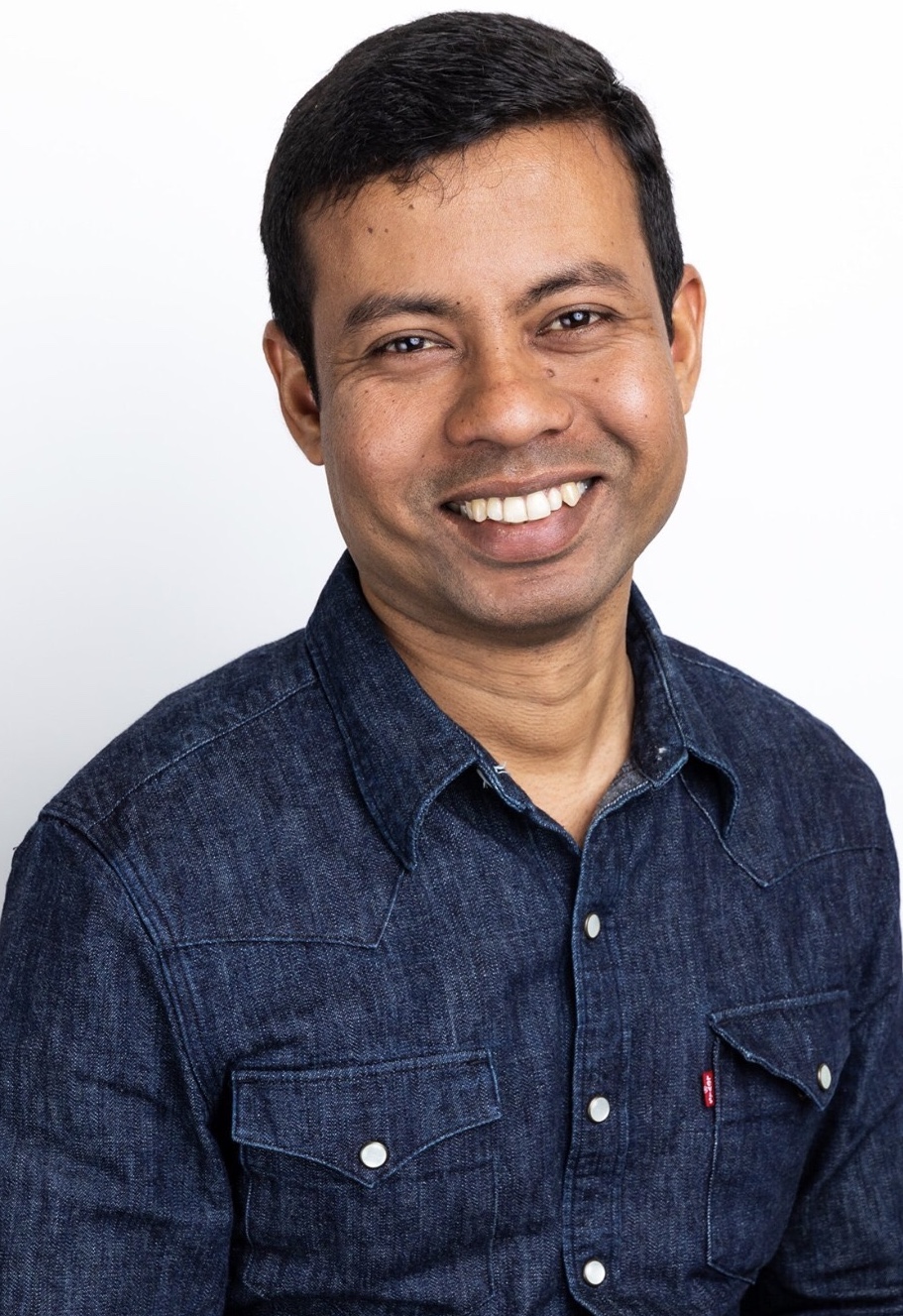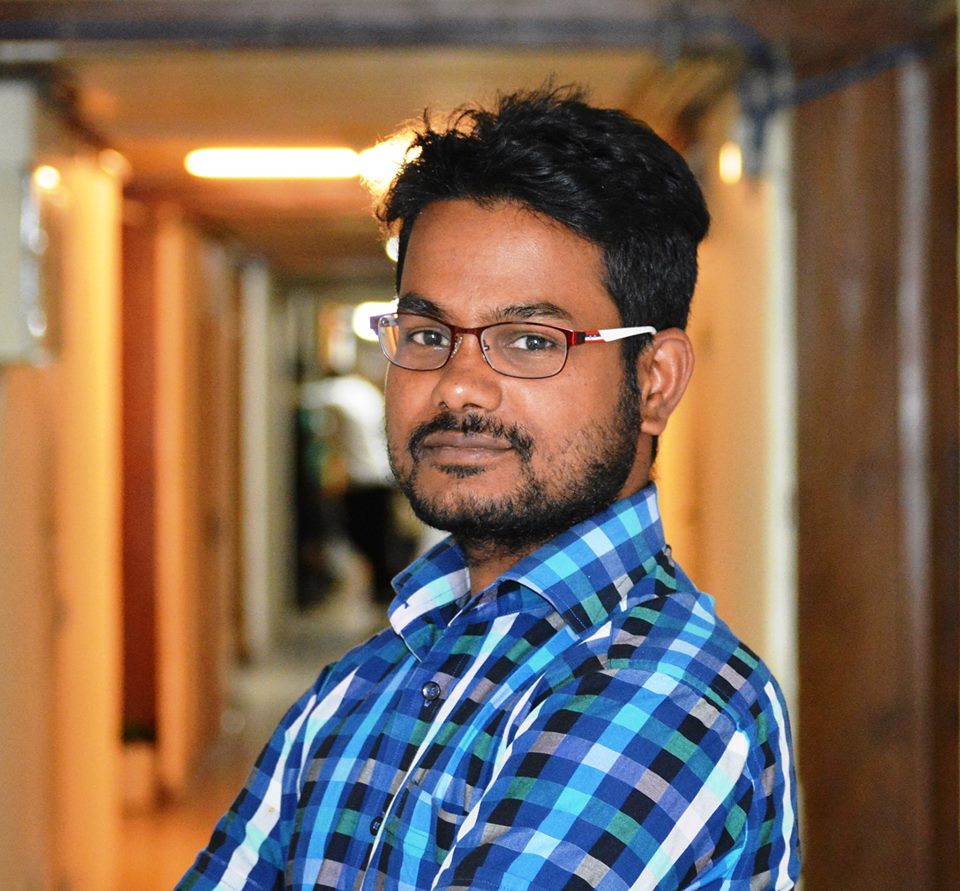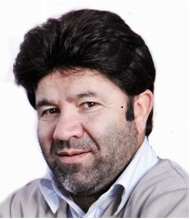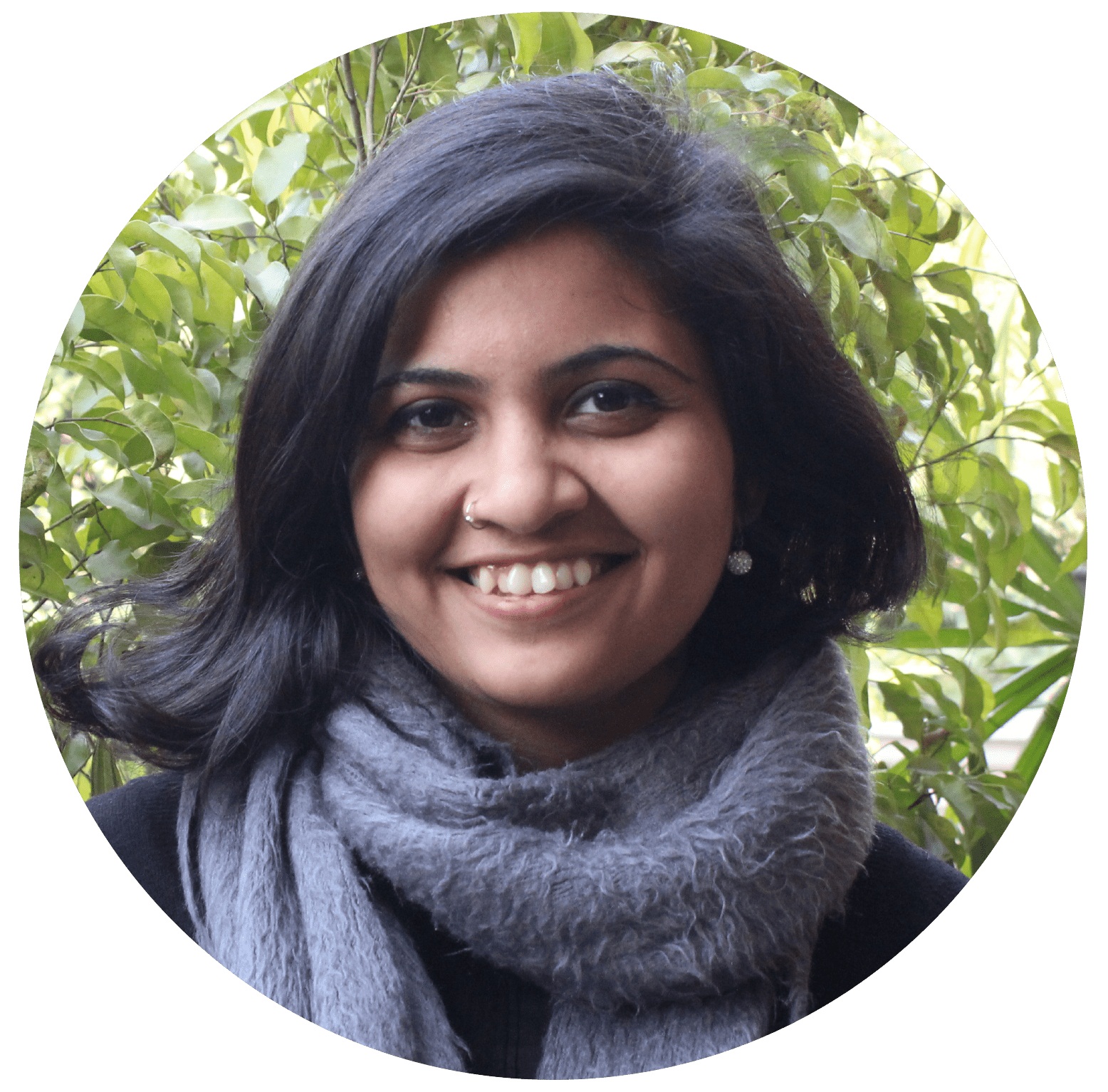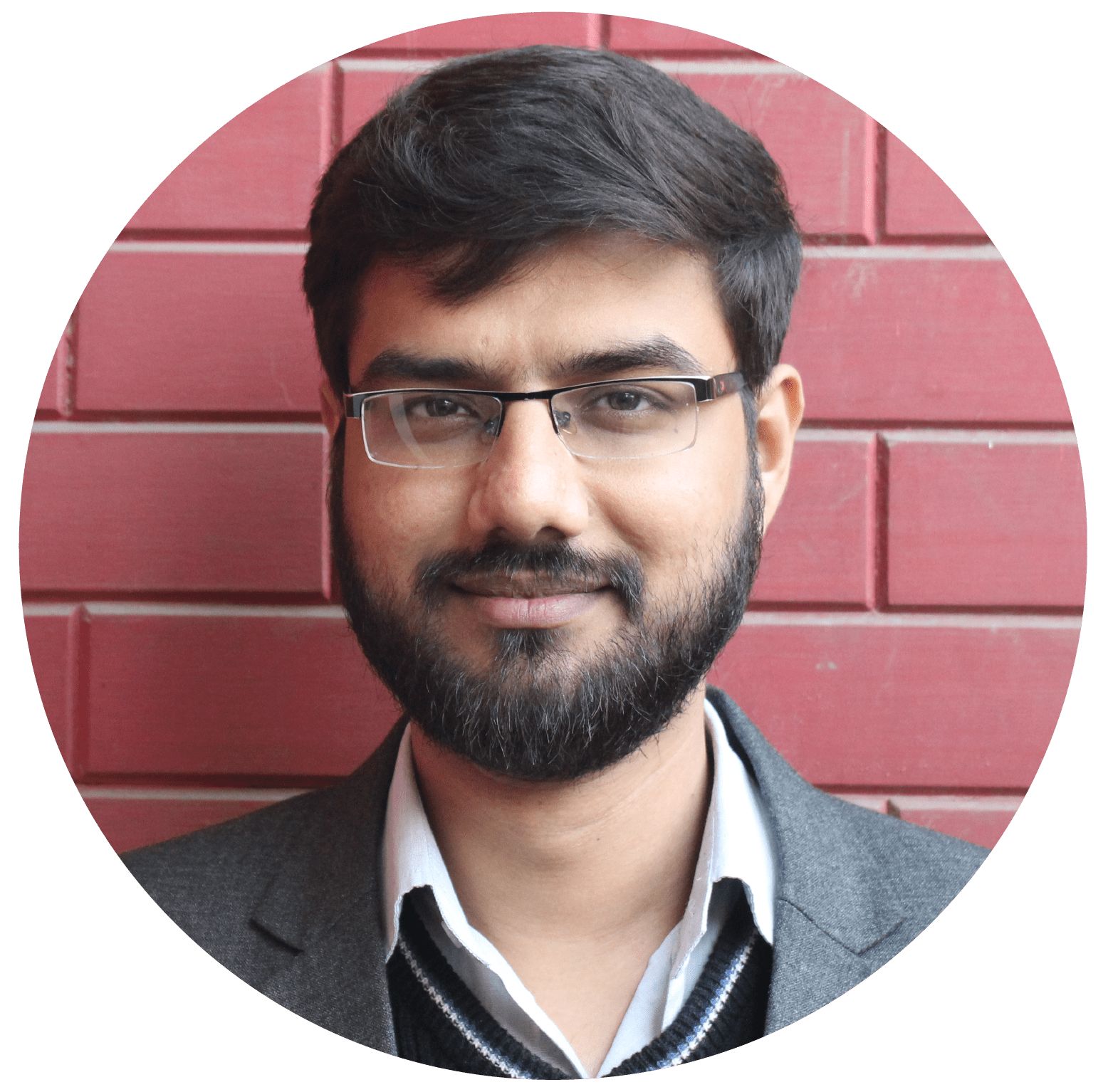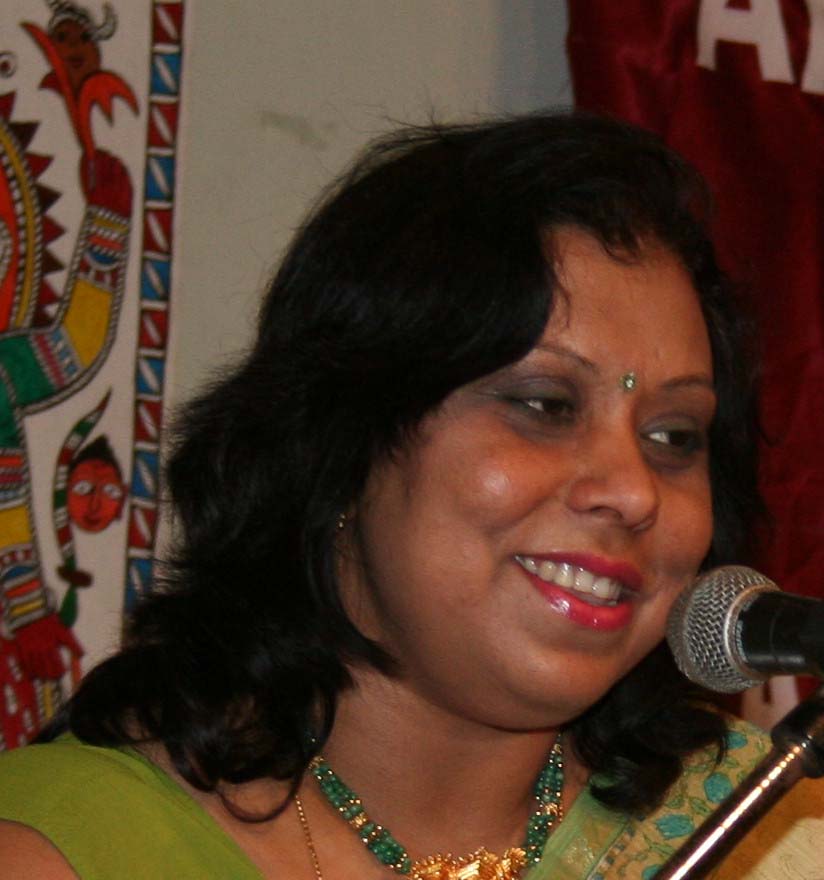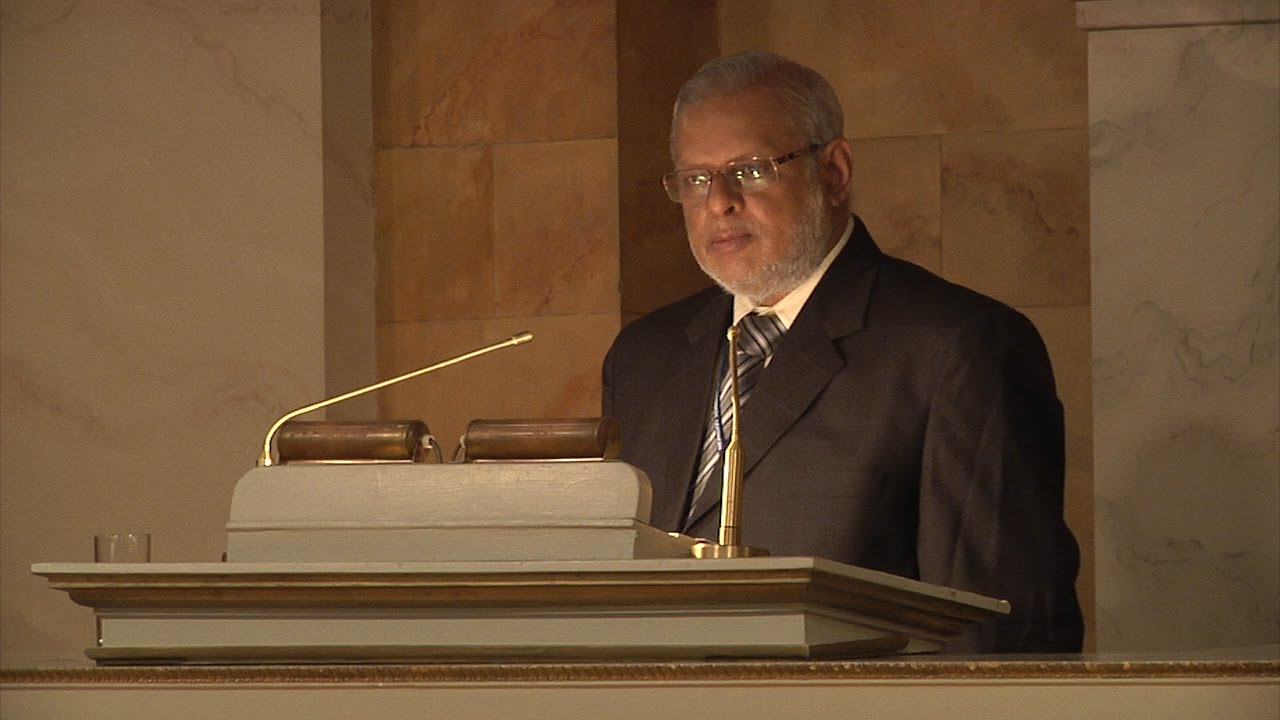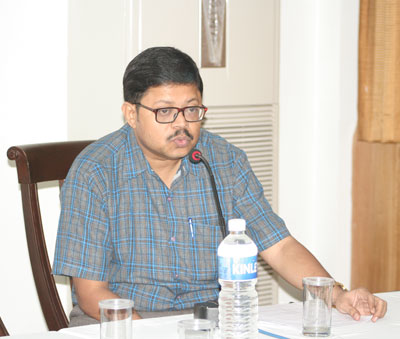| Serial No. |
Name & Details of the
Conference Participants |
Photo |
Abstract/
Full Paper |
|
1 |
Anjan Chakrabarti, Professor of Economic, University of Calcutta, Kolkata
Bionote: Anjan Chakrabarti is currently Professor of Economic, University of Calcutta. His interests include Marxian Theory, Political Philosophy, Development Economics and Indian Economics. He has to his credit eight books and numerous articles in edited books and academic journals. He has published in journals such as Cambridge Journal of Economics, Rethinking Marxism, Economic and Political Weekly, Journal of Asset Management, Collegium Anthropologicum, Critical Sociology and Journal of Labour and Society. His latest books include a co-authored publication The Indian Economy in Transition: Globalization, Capitalism and Development from Cambridge University Press, 2016 and an coedited book ‘Capital’ in the East: Reflections on Marx from Springer Nature, 2019. He is the recipient of Dr V K R V Rao Prize in Social Science Research in Economics for the year 2008. |
 |
Abstract /
Full Paper |
|
2 |
Anne McCall, Xavier University of Louisiana, New Orleans
Bionote: Anne McCall is the Senior VP, Provost of Academic Affair of the Xavier University of Louisiana, where she is a Professor in the Department of Languages. Her published research focuses on life writing, gender, narrative fiction, and law and literature. She is an advocate for the free of exchange of ideas and a member of the steering committee for the US section of Scholars at Risk.
|
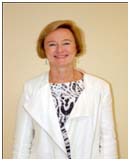 |
Abstract /
Full Paper |
|
3
|
Bina D'Costa, Senior Fellow/Associate Professor & CAP Associate Dean for Inclusion, Diversity, Equity & Access
Bionote: Bina is an Associate Professor at the Department of International Relations, Coral Bell School of Asia-Pacific Affairs, College of Asia and the Pacific (CAP) at the Australian National University. She is also the Associate Dean (IDEA) for CAP. At the height of Europe’s refugee emergency, she moved to UNICEF Office of Research-Innocenti as its senior migration and displacement research specialist to build its Migration and Displacement program (2016-2018). She has undertaken research projects on environmental displacement and emergencies in Southwest Bangladesh, complex emergencies and children 'on the move’ in East Africa, the Horn of Africa and South Asia, and protracted displacement and protection mechanisms for the Rohingya. Her new research project focuses on global protection systems and south-south cooperation.Bina is the author of seven books including Children and the Politics of Violence in South Asia (CUP). Bina has also served as the Asia Rapporteur for the Asia-Europe 55 member states ASEM global meeting on Children and Human Rights in 2017. |
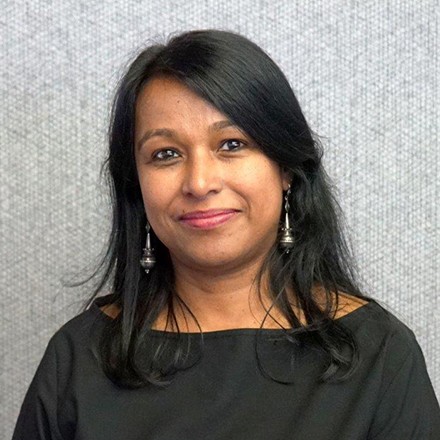 |
Abstract /
Full Paper |
|
4 |
Hari Sharma , Executive Director at Alliance for Social Dialogue (ASD)
Bionote: Hari Sharma is the Executive Director at Alliance for Social Dialogue (ASD), a national foundation of the Open Society Foundations. He has served in the government and academia in various capacities. He has 15 years of teaching experience in various academic institutions and departments of political science, Tribhuvan University’s (TU) and Kathmandu College of Management, and Kathmandu University (KU). He has Master’s Degree in Political Science from Tribhuvan University. He was a Fulbright scholar at Cornell University, US, where he received a Master’s in Comparative Politics. He is the co-author of Political Leadership in Nepal and Local Leadership in Nepal. He has also contributed chapters to various books. |
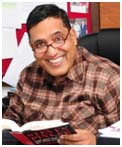 |
Abstract /
Full Paper |
|
5 |
Jeevan Thiagarajah, Institute for Human Rights, Sri Lankan
Bionote: Jeevan Thiagarajah is chairman of the Institute for Human Rights, a Sri Lankan NGO. He has worked in the NGO sector in Sri Lanka since 1984, holding executive positions in several humanitarian and human rights organizations.
He is an apolitical Sri Lankan, Tamil, Hindu with secular beliefs championing rights of people in need nationally, regionally and globally. He is a public advocate for rights of animals and preservation of the environment, guest columnist. He works with specialists and eminent persons in the nonprofit sector, government institutions, and multilateral bodies and other governments and guest columnist on research, policy, advocacy and disaster related services. Some of his core competencies are in Advisory services on Policies around governance, human security, resettlement and recovery of persons affected by disasters coordinating agencies, delivering assistance, seeking compliance with standards and best practices. |
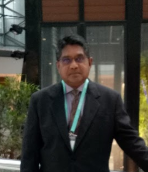
|
Abstract /
Full Paper |
|
6
|
Liza Schuster, School of Arts and Social Sciences, Department of Sociology,
City University of London
Bionote: Liza Schuster is based at City, University of London. Her research interests include forced migration and racism, European asylum policies, deportation. Since 2012, her work on forced migration and deportation has focused in particular on Afghanistan, where she has spent most of her time. Her recent publications include ‘Fatal Flaws in the UK Asylum Decision-Making Process: An Analysisof Home Office Refusal Letters’ Journal of Ethnic and Migration
Studies, 1-17; ‘Deportation and Forced Return’ (with Nassim Majidi) in Forced
Migration Bloch, A. and Dona, G. eds Routledge: London 2018; ‘The Common European Asylum System: Inconsistent, incoherent andlacking credibility’ This Century’s Review: Journal for Rational Legal Debate No.1, 2018
|
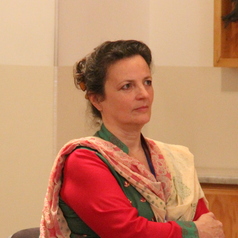 |
Abstract /
Full Paper |
|
7 |
Lucy Nusseibeh , Chair of the Nonviolent Peaceforce (NP)
Bionote: Lucy Nusseibeh is Chair of the Nonviolent Peaceforce (NP). She is the founder and executive director of Middle East nonviolence and Democracy (MEND) in East Jerusalem. She also works closely with GPPAC. From 2007 to 2016 she was Director of the Institute of Modern Media at Al-Quds University, and before that taught Cultural Studies at BirZeit University. In 2010, she presented on TEDx Holy Land. Recent publications include: “The Power of Media in Peacebuilding” (“Pathways to Peace’, MIT 2014); “Statelessness and Insecurity in the Occupied Palestinian Territory” (GPPAC 2014) and “UnePhilosopjie a l’Epreuve de Paix” – co-editor (Mimesis 2016). She was educated at Oxford and Harvard Universities, and was a senior research fellow in the department of Women and Public Policy at the Harvard Kennedy School of Government. |
 |
Abstract /
Full Paper |
|
8 |
Lydia Potts, Carl von Ossietzky University Oldenburg, Germany
Bionote: Lydia Potts (PhD) teaches Migration Studies and Gender Studies at Carl von Ossietzky University Oldenburg, Germany. She directs the working group Migration Gender Politics and coordinates the Erasmus Mundus Master Course “European Master in Migration and Intercultural Relations” (EMMIR). Ulrike Lingen-Ali (PhD) teaches Education and Migration Studies at Carl von Ossietzky University Oldenburg. |
 |
Abstract /
Full Paper |
|
9
|
Meghna Guhathakurta, Executive Director of Research Initiatives Bangladesh
Bionote: Meghna Guhathakurta (PhD University of York, UK) until recently was a Professor of International Relations at the University of Dhaka, Bangladesh and is currently Executive Director at Research Initiatives Bangladesh, an organisation funding research on poverty alleviation. Her area of interest is development, gender and politics in South Asia. She has published extensively on gender, development, minority rights as well as conflict and peace building. She served as member of the Netherlands Development Research Council from 1996 to 2002 where she chaired the subcommittee on post-conflict development. She was also a member of the South Asian Peoples Committee on the Rights of Minorities, a commission formed by the organisation South Asians for Human Rights (SAHR). She is Associate Editor of the Journal of Social Studies, published from the Centre for Social Studies, Dhaka and the Action Research Journal published by Sage. |
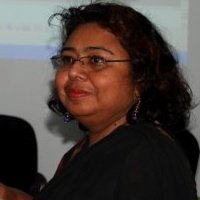 |
Abstract /
Full Paper |
|
10
|
Oishik Sircar, Associate Professor, Jindal Global Law School
Bionote: Oishik Sircar is Associate Professor, Jindal Global Law School, and Associate Member, Institute of International Law and the Humanities, Melbourne Law School. Oishik’s broad research interests are in the areas of cultural studies of law, queer theory, postcolonial feminism, visual cultures, Marxism and, law and social movements. Some of Oishik’s writings have appeared in Childhood, Osgoode Hall Law Journal, Feminist Studies, Economic and Political Weekly, No Foundations, and Human Rights Defender, and Unbound: Harvard Journal of the Legal Left, among others. Oishik is the co-editor of New Intimacies, Old Desires: Law, Culture and Queer Politics in Neoliberal Times (Zubaan and University of Chicago Press, 2017), and has authored Violent Modernities: Cultural Lives of Law in the New India (Oxford University Press; forthcoming in 2020). Oishik is the co-editor of the Jindal Global Law Review, sits on the editorial board of the Indian Law Review, and composes “Extratextualities” for the Socio-Legal Review, a regular section featuring detailed article-length interviews with scholar-activist-jurisprudent-aesthetes. |
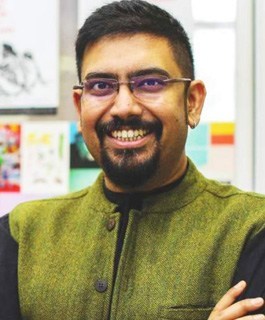 |
Abstract /
Full Paper |
|
11 |
Olga Lafazani, University of Thessaly as Adjunct Lecturer on Anthropology of Migration in the department of History, Archaeology and Social Anthropology
Bionote: Olga Lafazani’s academic interests revolve around borders, migration and urban space, interests that initiated and are always interconnected to her participation in grassroots groups and networks around these issues. Since 1999 she has been a member of Network of Social Support to Migrants and Refugees and of Migrant’s Social Centre and for the last years she has been involved in the Refugee Accommodation Centre City Plaza. She has previously been Adjunct Lecturer on Human Geography in the department of History and Ethnology, Dimokriteio University and currently teaches at the University of Thessaly as Adjunct Lecturer on Anthropology of Migration in the department of History, Archaeology and Social Anthropology. |
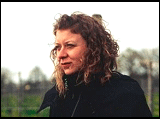 |
Abstract /
Full Paper |
|
12 |
Orzala Nemat,
Afghan Activist
Bionote: Orzala Nemat, an internationally known Afghan activist and scholar is an expert in political ethnography, holding a Ph.D. in Development Studies from the School of Oriental and African Studies (SOAS) and MSc in Development Planning from the University College London (UCL). Dr Nemat experienced how it is to be a war refugee for fourteen years in Pakistan. However, she chose to rise above the situation by putting the focus on developing her career, at the same time, she assisted and helped the marginalized members of society through educational programs, building schools, protection of female victims of violence and peacebuilding for children.
Dr Nemat founded an organisation, led and worked with various grassroots, national and international organizations in over 17 years of her professional life. She served on various development organizations’ governance boards and attended numerous international and national conferences representing voices from Afghanistan and the Afghan women. She was selected as a Young Global Leader at the World Forum in 2009, Yale Greenberg World Fellows in 2008 and is a recipient of the Isabel Ferror Award for Women’s Education and the Amnesty International Award for Humanitarian Aid to Children and Women. Upon completion of her studies and after teaching international development courses at SOAS, Dr Nemat returned to Kabul where she worked as the president’s advisor on sub-national governance.
|
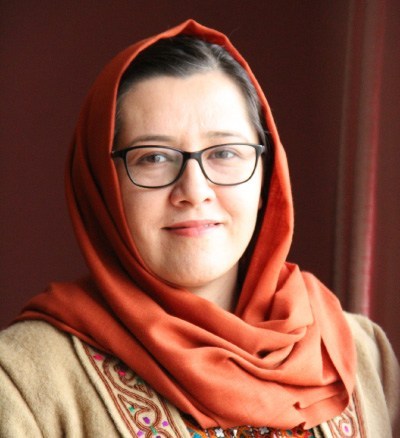 |
Abstract /
Full Paper |
|
13 |
Prasanta Ray, Calcutta Research Group,
Kolkata
Bionote: Prasanta Ray is currently an Emeritus Professor of Sociology and Political Science, Presidency College, Kolkata; Honorary Visiting Professor, Institute of Development Studies, Kolkata; Guest, Professor, Department of Sociology, Calcutta University; and Member, CRG.
|
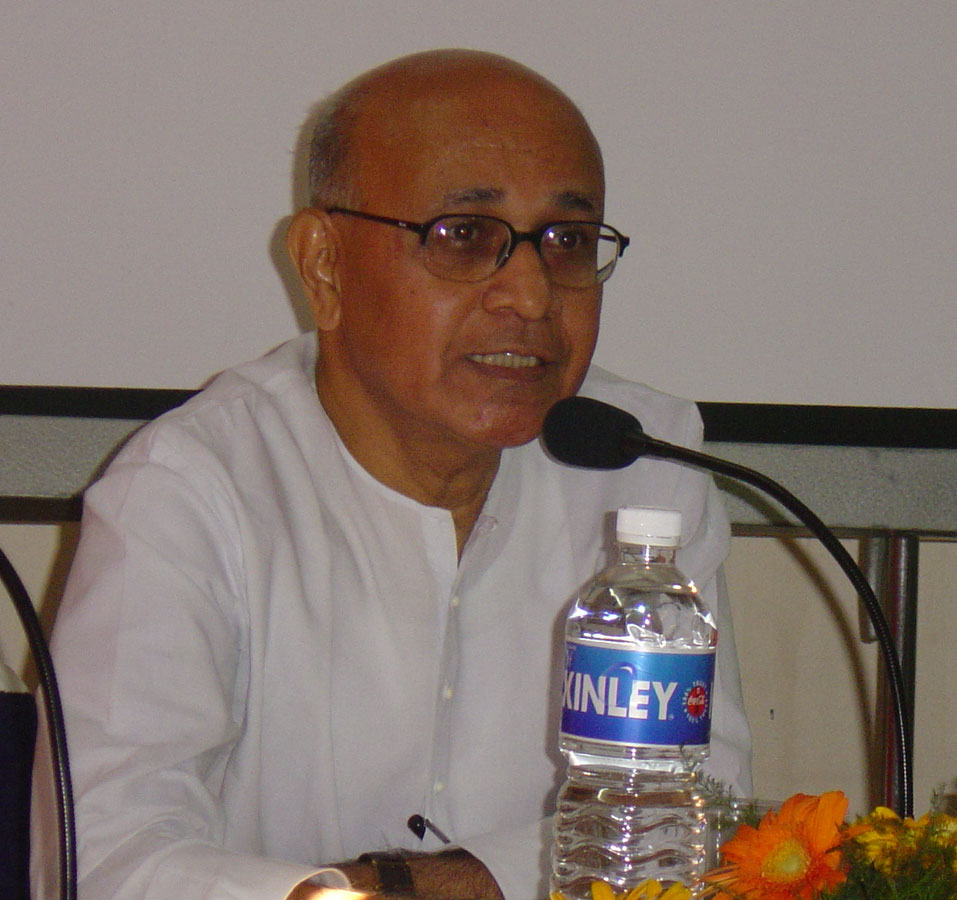 |
Abstract /
Full Paper |
|
14
|
Ravi Palat, State University of New
York , Binghamton
Bionote: Ravi Palat is Professor of Sociology at the State University of New York at Binghamton; he has previously taught at the University of Hawaii at Manoa and at the University of Auckland. He has authored Capitalist Restructuring and the Pacific Rim; Making of an Indian Ocean World-Economy, 1250-1650: Prices, Paddy fields, and Bazaars; among others.
|
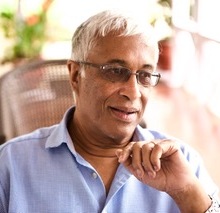 |
Abstract /
Full Paper |
|
15
|
Reza Hussaini, Higher Education institutions in Kabul, Afghanistan
Bionote: Reza Hussaini has 10 years experience working with Research and Higher Education institutions in Kabul, Afghanistan. His research areas include gender, peace processes, human right and migration. 2015-2018, he was Research Managerat the Afghanistan Center at Kabul University, where he collaborated with City, University of London on a study ofMigration Decision and Policy-Making in Afghanistan. He is currently completing a second MA inCulture, Media and Society, at the Graduate School for Social Research in Poland.
|
 |
Abstract /
Full Paper |
|
16 |
Samata Biswas,
The Sanskrit College and
University
Bionote: Samata Biswas teaches English at The Sanskrit College and University. Before this she had taught English literature at Haldia Government College and Bethune College. Her doctoral dissertation concentrated on the body cultures of contemporary India and public health; and she has completed a project on alternative logistical frameworks as created by migrant women in Haldia, funded by Western Sydney University.
She is currently engaged in mapping Kolkata s a sanitary city, historically built upon caste-specific migrant labour, negotiating with questions of access or the lack thereof.
Her research and teaching over the last few years has developed a specific interest in literature and migration: at the SCU she focuses on slavery, ecological migration and the partition etc. Samata is a member of the editorial board of Refugee Watch and runs the blog Refugee Watch Online.
|
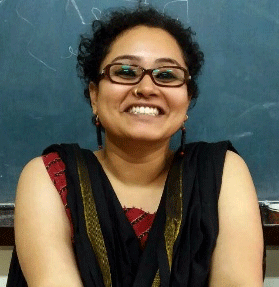 |
Abstract
/
Full Paper |
|
17
|
Samir Kumar Das, University of Calcutta & Calcutta Research Group
Bionote: Samir Kumar Das is Professor of Political Science at the University of Calcutta, Kolkata and Honorary Director of Calcutta Research Group. Previously the Vice-Chancellor of the University of North Bengal, and a Post-Doctoral Fellow (2005) of the Social Science Research Council (South Asia Program), he is the Coordinator of the University Grants Commission-Departmental Research Support (UGC-DRS) Programme (Phase II) on ‘Democratic Governance: Comparative Perspectives’. He served as a Visiting Fellow at the European Academy, Bolzano, Italy (2008), an Adjunct Professor of Government at the Edmund A. Walsh School of Foreign Service, Georgetown University (2014) and a Visiting Professor of the North East India Studies Programme at Jawaharlal Nehru University (JNU), New Delhi in 2015 and at the Universite 13 Sorbonne-Paris-Cite in 2016 among many of his assignments. He specializes in and writes on issues of ethnicity, identity, security, migration, rights and justice and has contributed over 190 research papers to highly esteemed national and international journals and edited volumes. Besides, he has been a regular reviewer of some of the top journals, publishing houses and research bodies including Minority Rights International (London) and European Research Council (Brussels) etc.
Some of his recent publications include Migrations, Identities and Democratic Practices (Routledge 2018, authored), India: Democracy and Violence (OUP, 2015, edited), Governing India’s Northeast: Essays on Insurgency, Development and the Culture of Peace (Springer 2013), ICSSR Surveys and Explorations: Political Science: Volume I: Indian State (OUP 2013 edited), Conflict and Peace in India’s Northeast: The Role of Civil Society (East- West Center, 2006), Blisters on Their Feet: Tales of Internally Displaced Persons in India’s North East (Sage 2008 edited), Terror, Terrorism, Histories and Societies: A Historical and Philosophical Perspective (Women Unlimited 2010 coedited) among others. |
 |
Abstract
/
Full Paper |
|
18 |
Shahram Khosravi, Stockholm University
Bionote: Shahram Khosravi is Professor of Social Anthropology at Stockholm University and the author of several books including The Illegal Traveler: an auto-ethnography of borders, Palgrave (2010); and Precarious Lives: Waiting and Hope in Iran, University of Pennsylvania Press (2017). He has been an active writer in the press and has also written fiction. |
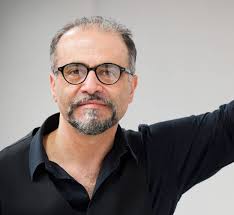 |
Abstract
/
Full Paper |
|
19 |
Sheila Meintjes , University of the Witwatersrand in Johannesburg, South Africa
Bionote: Professor Sheila Meintjes is an Honorary Research Associate in Political Studies at the University of the Witwatersrand in Johannesburg, South Africa. She has a Ph.D from the School of Oriental and African Studies at London University. She was a full-time Commissioner in the Commission for Gender Equality between May 2001 and March 2004. She has been on several boards of NGOS in South Africa that foster gender equality in different ways. She has published on postconflict societies, women’s activism in South Africa, gender and elections and the effectiveness of state gender institutions in post-apartheid South Africa. Most recently she was a principal investigator in a decade-long study ‘Safeguarding Democracy: contests of memory and history, values and interests’ in the Swiss-South Africa Joint Research Programme which examined civil society activism in both countries, including those focused on gender violence and gender equality. She has been a visiting professor at the Carl von Ossietzky University of Oldenburg since 2001.
|

|
Abstract /
Full Paper |
|
20 |
Simon Behrman, Royal Holloway, University of London
Bionote: Simon Behrman is a Lecturer in Law at Royal Holloway, University of London.His work critically engages with refugee law from the perspective of social movements, history, and literature, as well as from a legal standpoint.Amongst his recent publications,Dr Behrmanhas co-edited a collection entitled ‘Climate Refugees’: Beyond the Legal Impasse(Routledge) and co-authored a monograph entitled Facilitating the Resettlement and Rights of Climate Refugees: an argument for developing existing principles and practices(Routledge).Simon has also acted as a technical expert on climate change and migration for the International Organisation for Migration, the Platform for Disaster Displacement and the UNFCCC Task Force on Migration.
|
 |
Abstract/
Full Paper |
|
21 |
Som Niroula,
Program Officer at Alliance for Social Dialogue
Bionote:
Som Niroula is the Program Officer at Alliance for Social Dialogue (ASD. He is responsible for the Human Rights portfolio. He provides strategic support to partners working in human rights issues in Nepal and he also assists in implementation of Legal Empowerment Shared Framework in Nepal. He has a decade long experience of working in the field of human rights and has previously worked at the South Asia Forum for Human Rights (SAFHR) based in Kathmandu. He holds MA in Peace Education from United Nations Mandated University for Peace (UPEACE).
|
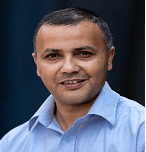 |
Abstract /
Full Paper |
|
22 |
Subhas Ranjan Chakrabarty, Calcutta Research Group, Kolkata
Bionote: Subhas Ranjan Chakraborty retired from Presidency College, Kolkata in 2005. He is a former President of the CRG. He has written essays on the history and politics of Darjeeling. He also contributed to the Policies and Practices series published by the CRG..
|
 |
Abstract /
Full Paper |
|
23
|
Sumaiya F. Islam, Senior Policy Officer, Open Society Justice Initiative
Bionote: Sumaiya Islam is a Senior Policy Officer with the Open Society Justice Initiative, where she focuses on legal empowerment, public financing and access to justice policies. Sumaiya co-leads the Global Legal Empowerment Project. With over 14 years of experience in expanding and improving the quality of basic justice services for underserved communities, her areas of professional interest include the use of evidence in policy-making, advancing recognition and supportive policy frameworks for frontline justice actorsand using law as an organizing tool.
Islam initiated, developed, and managed legal empowerment projects in several countries across US, Europe, Africa and Asia. She has an MA degree in Conflict Resolution in Divided societies from King’s College London and a BA from Indiana University of Pennsylvania. She was a Community Scholar at the University of California, Los Angeles in 2007.
|
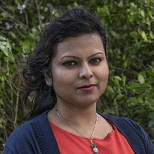 |
Abstract /
Full Paper |
|
24 |
Yordanos Seifu,
Independent Researcher and Writer, Ethiopia
Bionote: Yordanos S. Estifanos has graduated with MA in European Masters in Migration and Intercultural Relations (EMMIR) at the University of Oldenburg, Germany. He also earned MSc in Population Studies from Addis Ababa University. He was a research fellow at the Bielefeld Graduate School in History and Sociology (BGHS) in Germany researching on Transnational Migration. Yordanos S. Estifanos is currently working as a researcher on a migration research project titled “Migration Industries in Transnational Migration Project” coordinated by Sussex University. He has previously worked for national & international organisations and has published monographs and research articles. He has also written a book on the ethnography and economic sociology of Ethiopian irregular migrants into South Africa titled WAYFARERS.
|
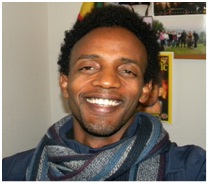 |
Abstract /
Full Paper |
|
25 |
Wali Mohammad Kandiwal,
Bionote: Wali Mohammad Kandiwal is a native of the Nangarhar province, which is located in eastern Afghanistan. He received his Master’s in Humanitarian Action from Geneva, Switzerland, and his Bachelor’s in Political Science in Afghanistan. He has been working with several national and international organizations for more than a decade, primarily as a journalist and researcher. Kandiwal has been working as an independent research consultant, mostly on the issues of migration, refugees, returnees, IDPs, resettlement, human trafficking, local governance, and peace. Some of his publications are available online on the websites of the Afghanistan Research and Evaluation Unit (AREU), Crossroads Asia, University of Bonn Germany, the Oxford Monitor of Forced Migration journal, Feinstein International Centre-Tufts, and Overseas Development Institute (ODI).
|
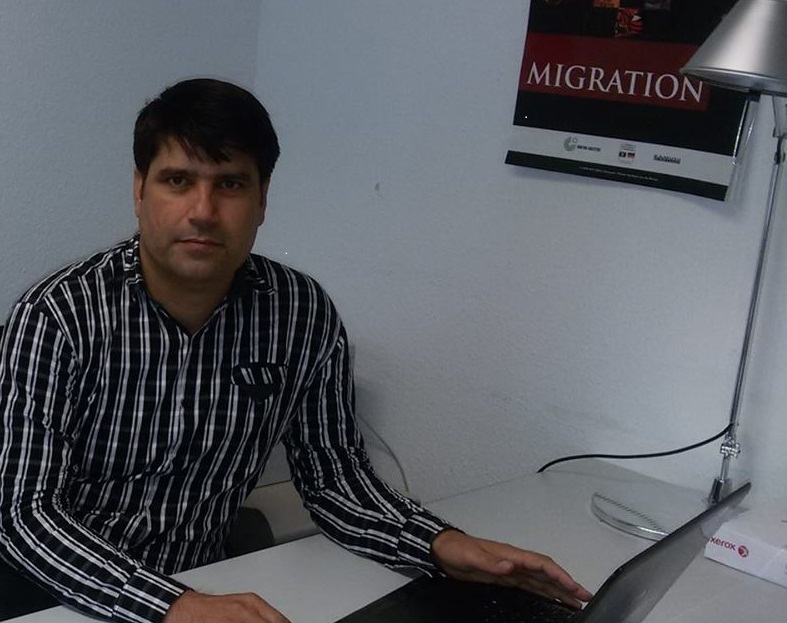 |
Abstract /
Full Paper |
